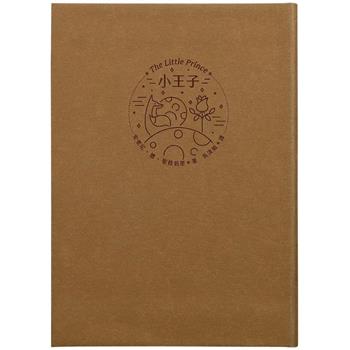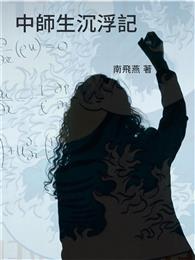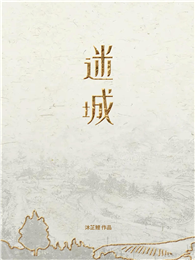Arms and Letters analyses the unprecedented number of autobiographical accounts written by Spanish soldiers during the sixteenth and seventeenth centuries. These first-person retrospective works recount a range of experiences throughout the sprawling domain of the Hispanic monarchy. Reading a selection of autobiographies in contemporary historical context - including the coalescing of the first modern armies, which were partially populated by forced recruits and the urban poor - Faith S. Harden explains how soldiers adapted the concept of honour and contributed to the burgeoning autobiographical form. Harden argues that Spanish military life writing took two broad forms: the first as a petition, wherein the soldier’s service was presented as a debt of honour, and second, as a series of misadventures, staging honour as a spectacle that captivated an audience.
Honour was inevitably gendered and performative, and as such, it functioned as one of the overarching metrics of value that early modern men and women applied to themselves and others. In charting how non-elite subjects rendered their lives legitimate through autobiography, Arms and Letters contributes both to a critical genealogy of honour and to the history of life writing.












